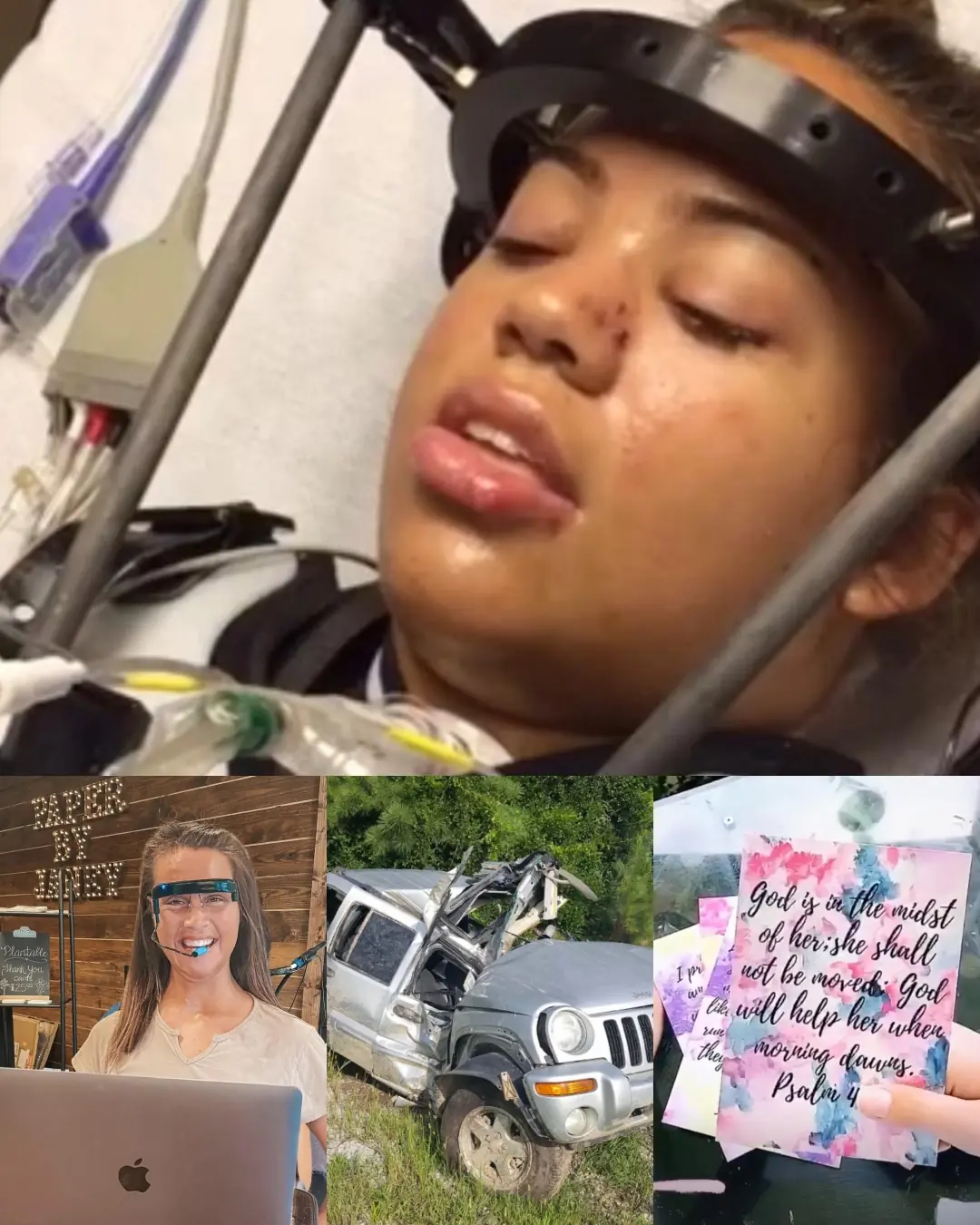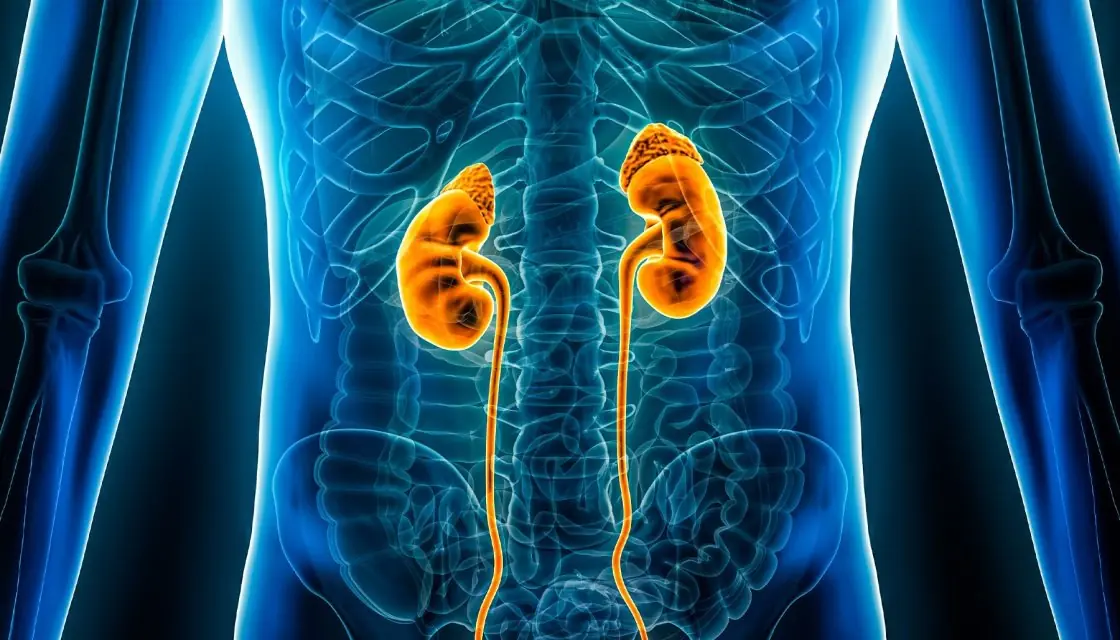
Each Tooth Is Connected to an Organ in the Body – How Tooth Pain May Reveal Hidden Health Problems
Each Tooth Is Connected to an Organ in the Body – How Tooth Pain May Reveal Hidden Health Problems
What if your toothache isn’t just a dental problem—but a signal from another part of your body?
According to traditional Chinese medicine and holistic dentistry, each tooth is linked to an organ, gland, or energy pathway known as a meridian. This means that pain, inflammation, or sensitivity in a specific tooth could reflect imbalances elsewhere—sometimes long before other symptoms appear.
Modern acupuncture practitioners often use a tooth meridian chart to help diagnose and treat patients. For example, the lower central and lateral incisors are connected to the adrenal glands. If you experience sensitivity or dull pain in these teeth without a clear dental cause, it could indicate adrenal fatigue or hormonal imbalance.
Let’s explore how this fascinating tooth–organ connection works—and what your teeth might be trying to tell you.
The Connection Between Meridians and Teeth
In traditional Eastern medicine, meridians are invisible energy channels that connect different parts of the body. Every tooth sits on a meridian line that also passes through vital organs and tissues. This energetic network means that the health of your teeth can influence, and be influenced by, distant areas of the body.
Energy (or chi) flows in both directions. A weakened or infected organ can create sensitivity in the corresponding tooth, and vice versa—a dental procedure or chronic tooth issue may affect the organ linked to it. For instance, a root canal in your second bicuspid (tooth #4) has been associated with imbalances in breast or lung tissue along the same meridian.
Interestingly, some people even experience pain in teeth that have been removed—known as phantom tooth pain. Because the meridian still exists even after extraction, the discomfort may actually stem from the organ once connected to that tooth.
What Science Is Beginning to Reveal
While meridian theory originates from ancient traditions, modern science is uncovering intriguing connections between oral health and systemic well-being.
A 2009 study in Dental Aegis introduced a concept called “teeth as sensory organs.” Teeth aren’t inert structures; they contain mechanoreceptors—nerve fibers that detect pressure, tension, and vibration. These sensory signals help regulate chewing strength, posture, and even neural feedback to the brain.
As the study explains:
“Mechanoreception is the unconscious sensing or conscious perception of touch or mechanical displacement arising from stimuli outside the body.”
This suggests that teeth are deeply integrated with the nervous system, influencing much more than just your bite.
Further evidence comes from a Finnish genetic study that found many of the same genes responsible for tooth development also control the formation of major organs. Abnormalities in these genes are linked to certain cancers, suggesting that dental health can reflect deeper cellular imbalances.
Other research has linked bacteria found in dental pulp to the formation of breast cancer, while chronic oral infections have been associated with heart disease, stroke, and erectile dysfunction. These findings highlight that oral health isn’t separate from overall health—it’s a mirror of it.
An Easy Guide to Tooth–Organ Meridians
Understanding which teeth correspond to which organs can help you decode what your body might be saying. Keep in mind that tooth discomfort doesn’t always indicate a systemic issue—it may simply be a local dental problem—but persistent or unexplained tooth pain deserves attention from both your dentist and doctor.
General Tooth–Organ Relationships
-
Incisors and canines connect to the kidney, liver, and gallbladder meridians.
-
Bicuspids (premolars) and molars connect to the large intestine and stomach.
-
Wisdom teeth correspond to the heart, central nervous system, liver, and intestines.
More Specific Tooth–Organ Indicators
-
Upper and lower incisors: kidney, bladder, and ear function; may also signal reproductive or lymphatic issues.
-
Molars: often linked to stomach and digestive problems—ulcers, gastritis, or hemorrhoids—and even conditions like rheumatism or pancreatic inflammation.
-
Wisdom teeth: can reflect problems in the nervous system, high blood pressure, liver stress, or cardiovascular disorders.
Tooth Pain and Potential Organ Clues
| Tooth | Possible Related Organs/Issues |
|---|---|
| First incisor | Prostate or tonsil inflammation |
| Canines | Liver or gallbladder inflammation (hepatitis, cholecystitis) |
| Bicuspids | Allergies, intestinal flora imbalance (dysbacteriosis), pneumonia, colitis |
| Fourth teeth (upper & lower) | Lung and large intestine issues, joint pain or arthritis |
| Bottom canines | Circulatory system issues, possible atherosclerosis or lung dysfunction |
| Lower molars | Varicose veins, colon polyps, or respiratory illness (bronchitis, asthma) |
Of course, not every toothache implies a major organ problem—but these relationships can serve as early indicators worth discussing with a holistic or biological dentist.
The Rise of Holistic and Biological Dentistry
As awareness grows about the link between oral and systemic health, holistic dentistry—also known as biological dentistry—is gaining popularity. The International Academy of Oral Medicine and Toxicology (IAOMT) defines it as:
“Always seek the safest, least toxic way to accomplish the mission of treatment, all the goals of modern dentistry, and do it while treading as lightly as possible on the patient’s biological terrain.”
This approach views the mouth not as an isolated system but as part of the whole body. A biological dentist considers how materials, infections, and even root canals may influence overall energy flow and organ health. Treatments are chosen not only for effectiveness but also for their biocompatibility—how gently they interact with the body’s natural systems.
If you’ve been experiencing persistent tooth discomfort that your traditional dentist can’t explain, it may be worth consulting a holistic dental practitioner. They can evaluate whether your symptoms may be connected to a deeper imbalance along the body’s meridian pathways.
Final Thoughts
Your teeth are more than tools for chewing—they’re living sensors connected to your entire body through a complex network of nerves, genes, and energy channels. When your mouth is healthy, it supports every other organ system. But when a tooth becomes diseased, the effects can ripple far beyond your smile.
By paying closer attention to your teeth—not just brushing and flossing, but truly listening to them—you may gain valuable insight into your overall well-being. After all, a toothache could be your body’s way of whispering, “something else needs healing.”
News in the same category

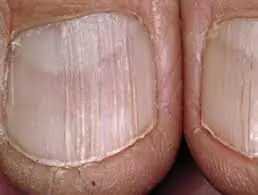
Vertical Nail Ridges? Here’s What Causes Them — and How to Fix It
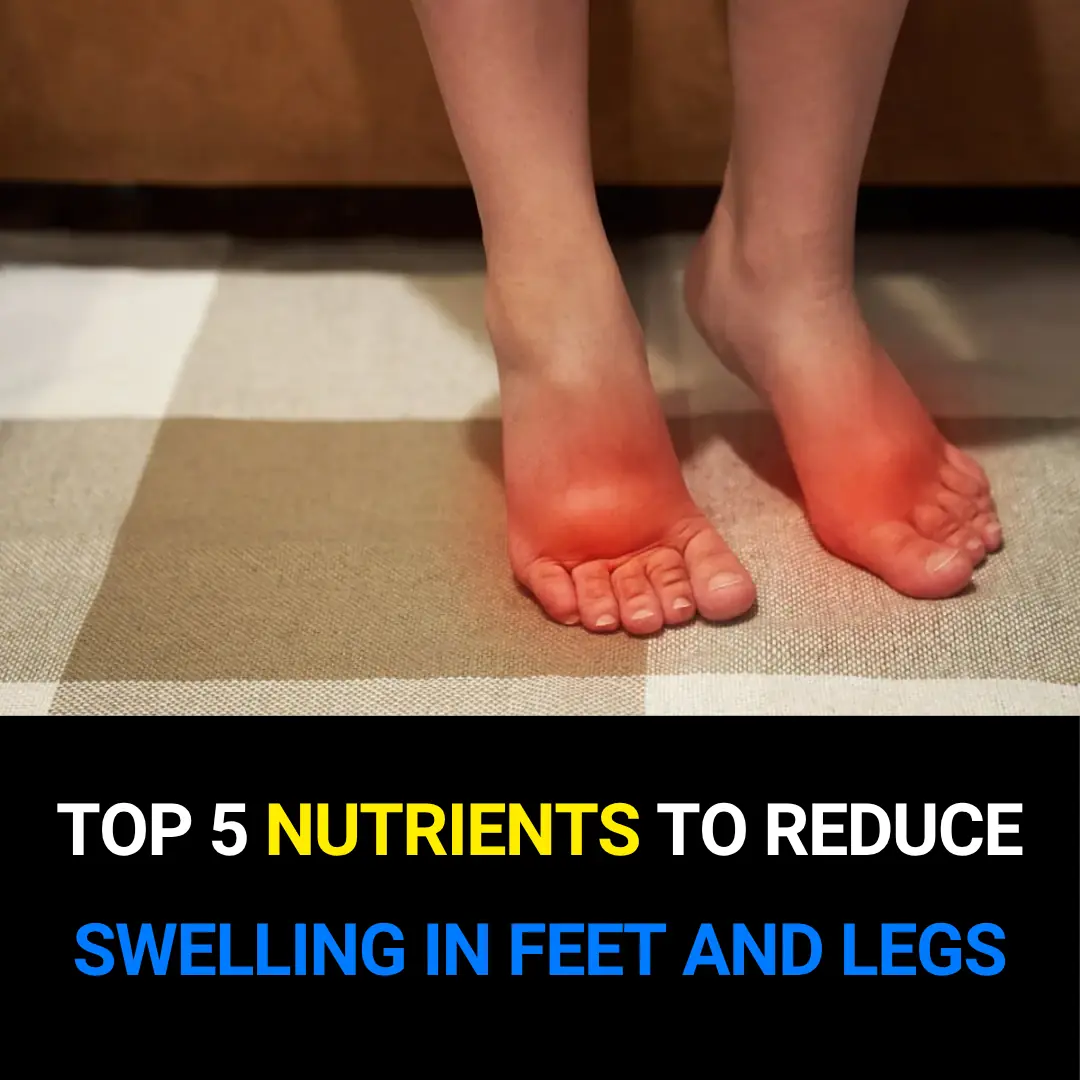
Top 5 Nutrients to Reduce Swelling in Feet and Legs
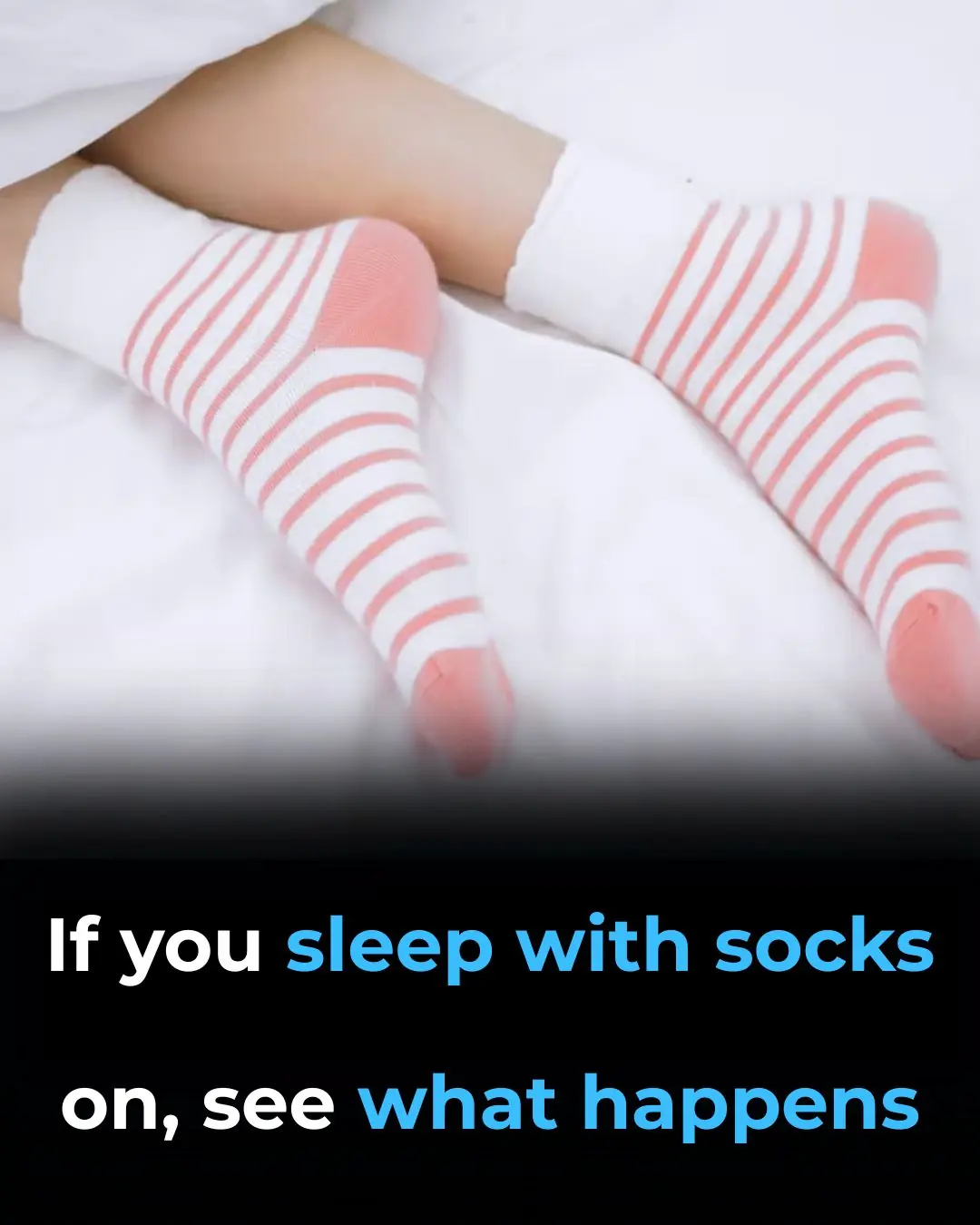
If you sleep with socks on, see what happens

7 Heart-Healing Foods Your Cardiologist Won’t Tell You About
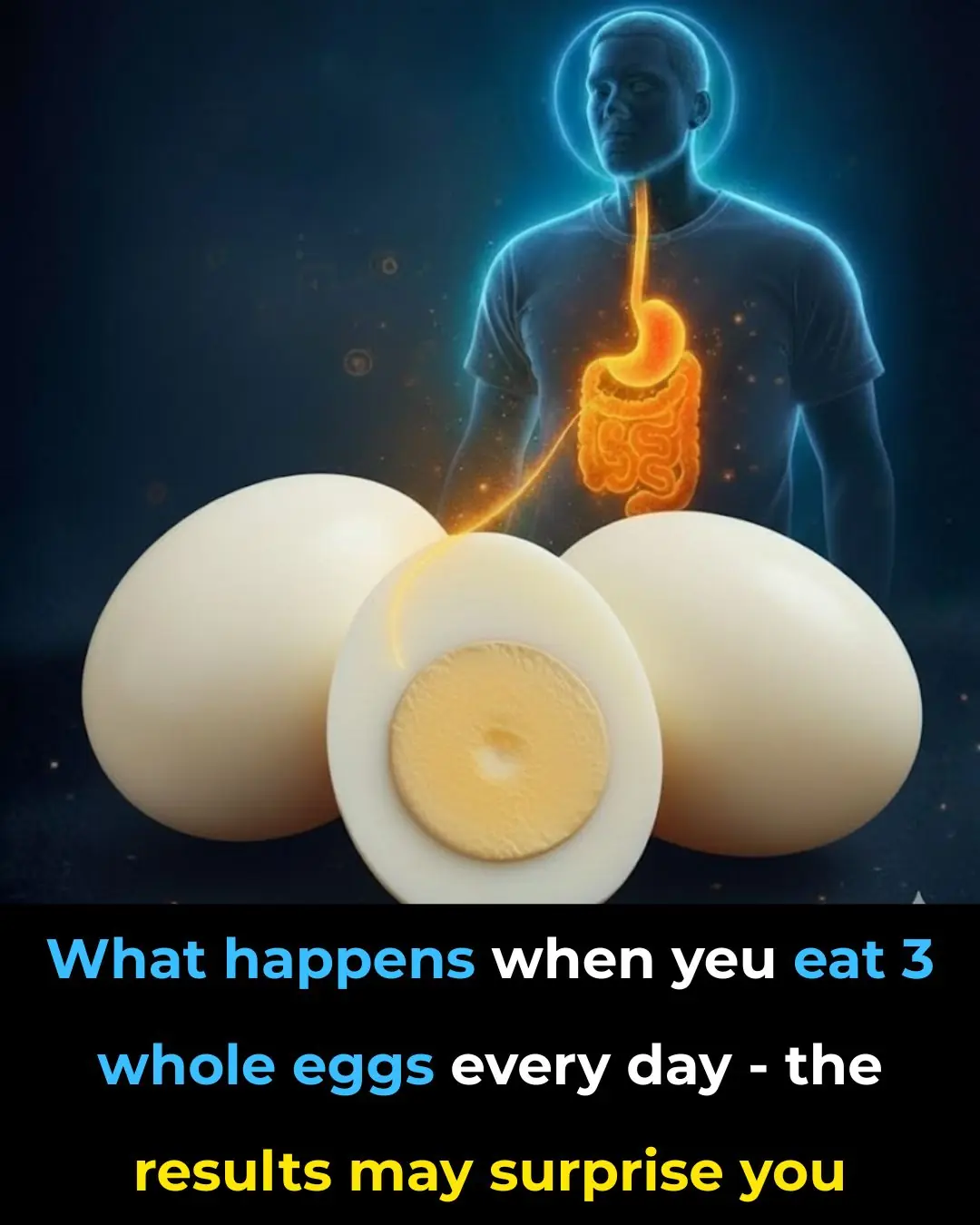
What Happens When You Eat 3 Whole Eggs Every Day…You’ll Be Surprised What It Does To Your Body!
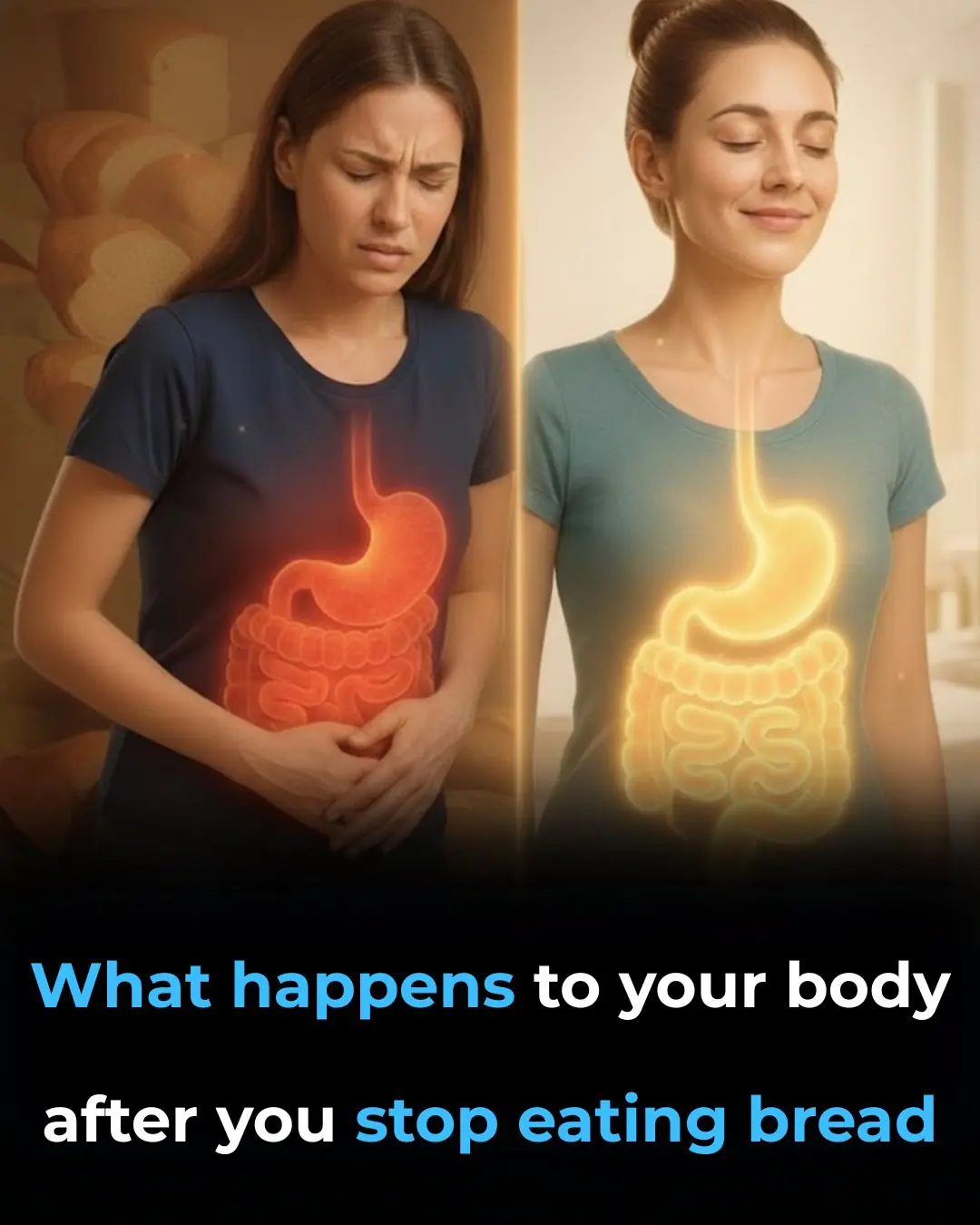
This Is What Happens To Your Body The Day You Stop Eating Bread
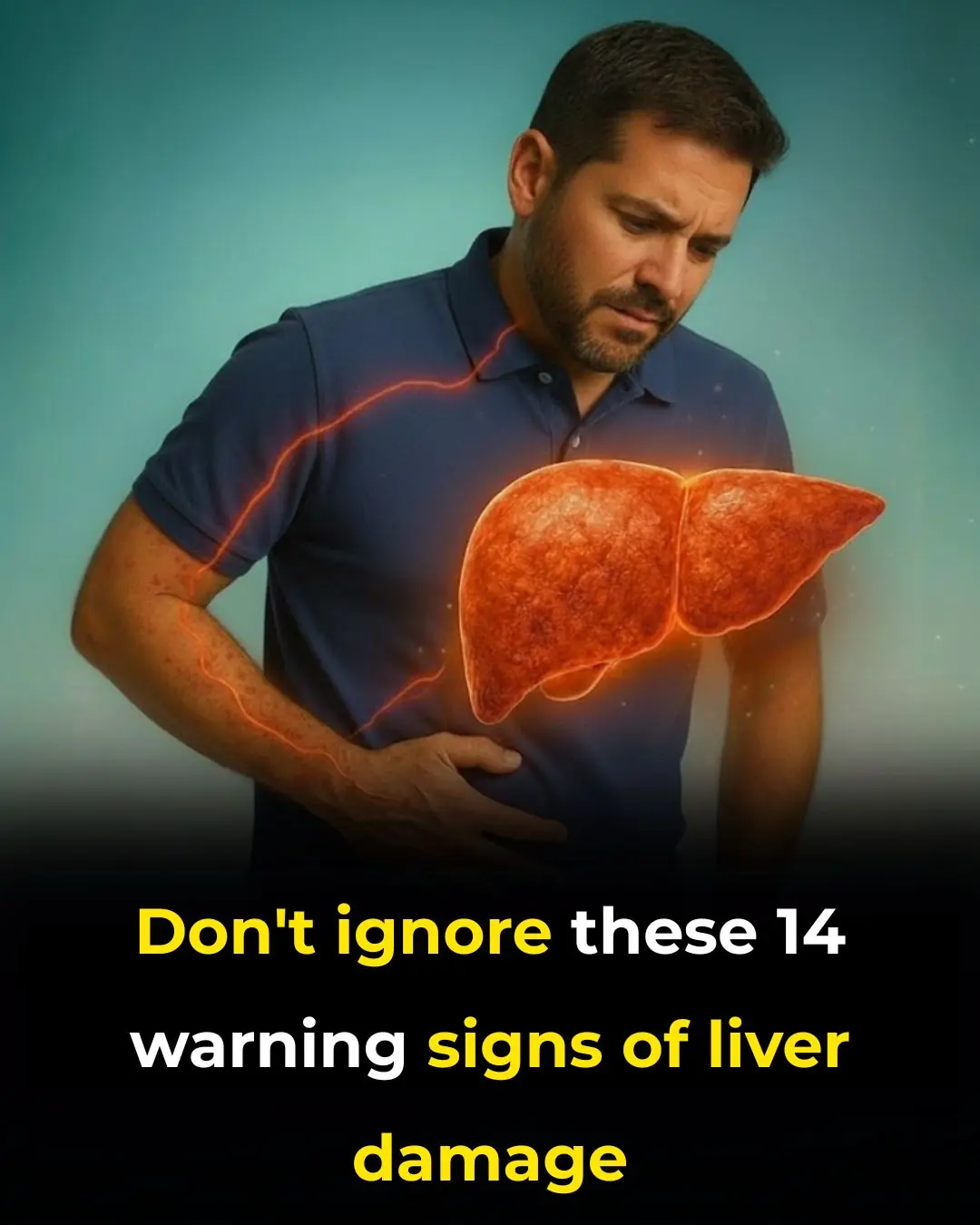
14 Symptoms of Liver Damage You Need to Know
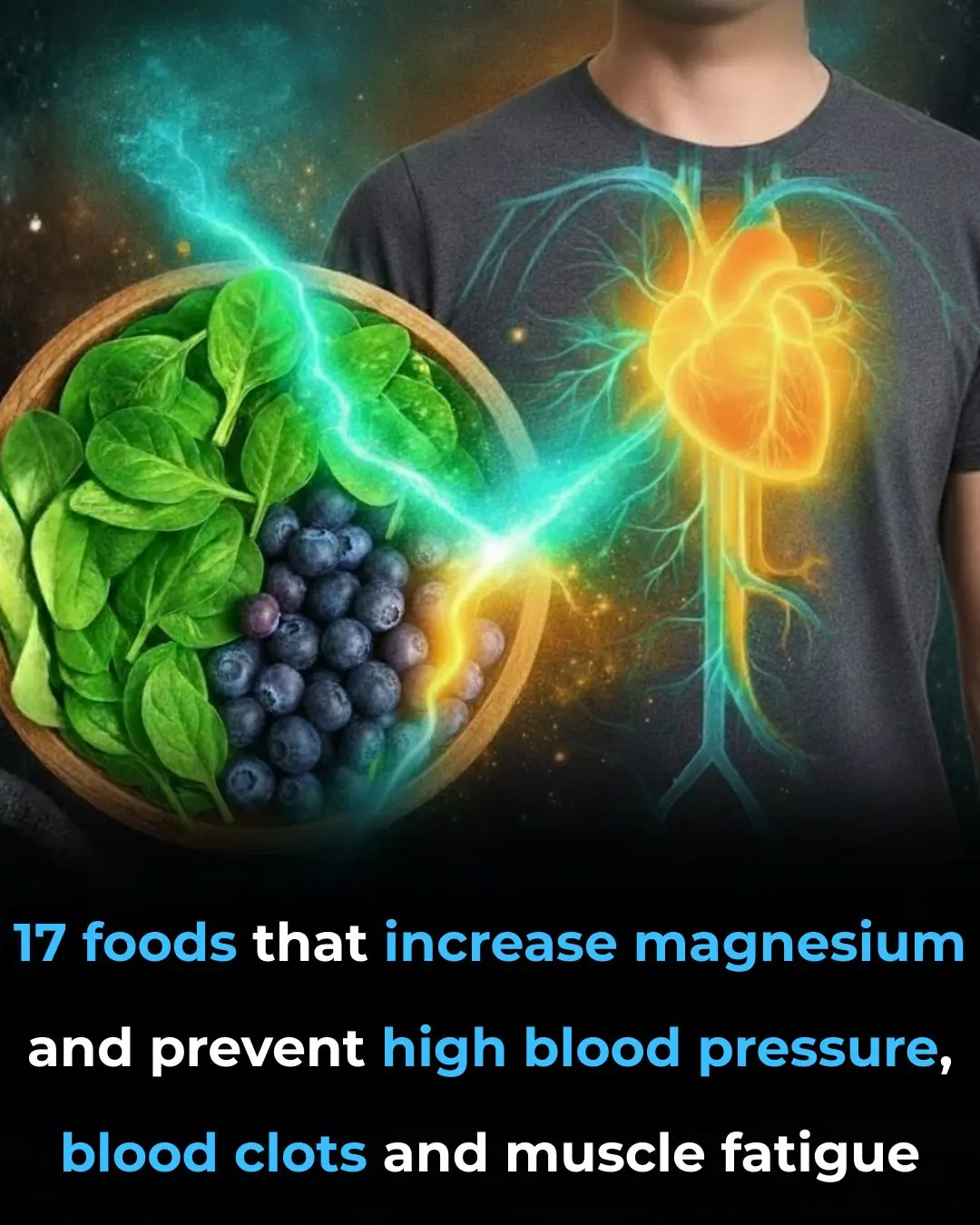
17 Foods That Increase Magnesium And Prevent High Blood Pressure, Blood Clots And Muscle Fatigue
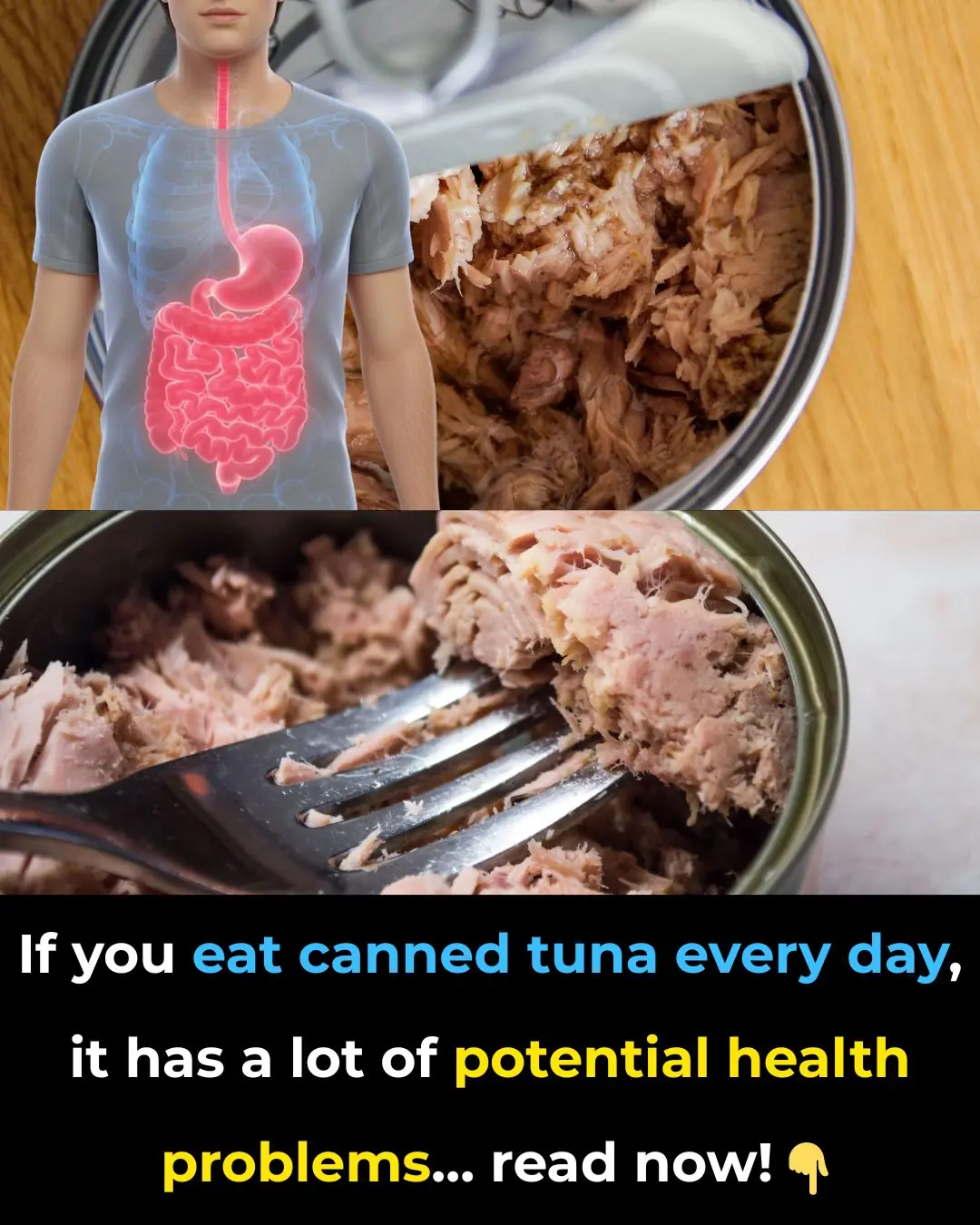
This Is What Happens to Your Body If You Eat Canned Tuna Every Day
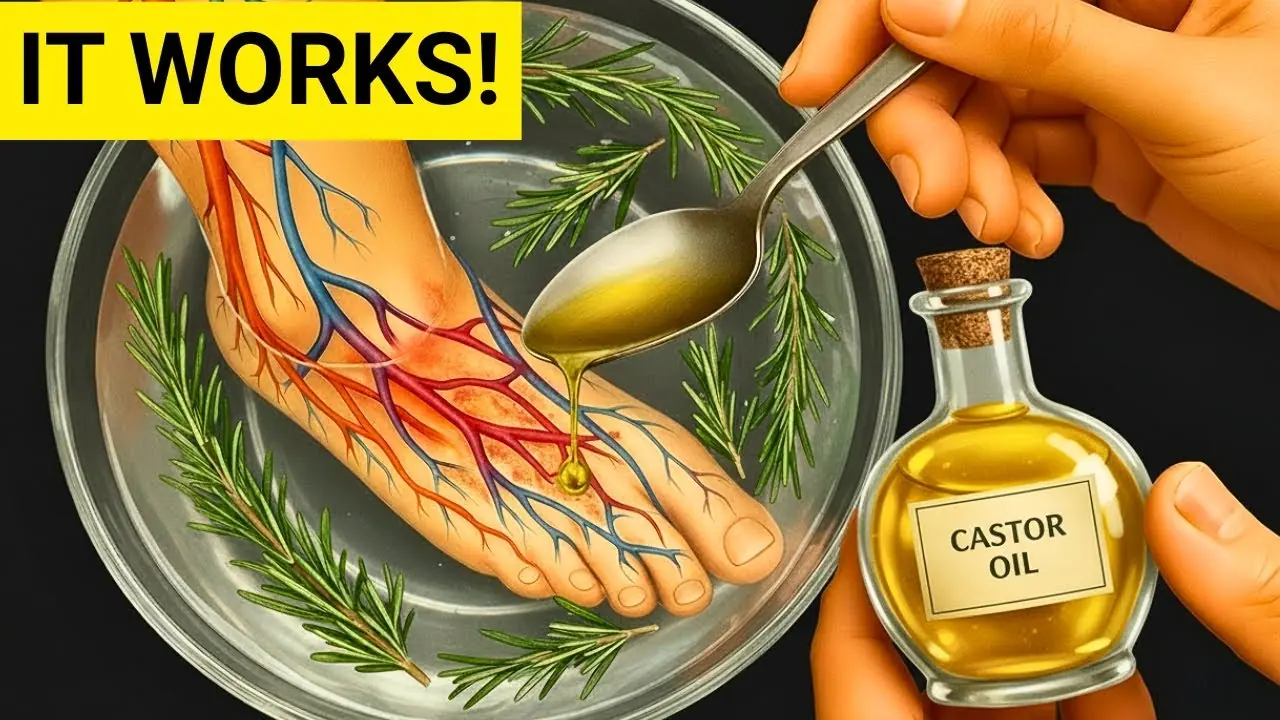
Mix Castor Oil and Rosemary — The 7-Day Results Will Surprise You

This Is What Happens to Your Body the Day You Stop Eating Bread
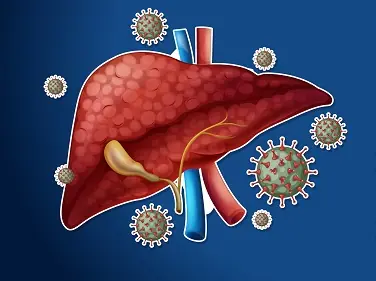
14 Symptoms of Liver Damage You Need to Know

Prepare Ginger This Way to Prevent Cancer, Reduce Cholesterol, and Lower Blood Sugar Levels
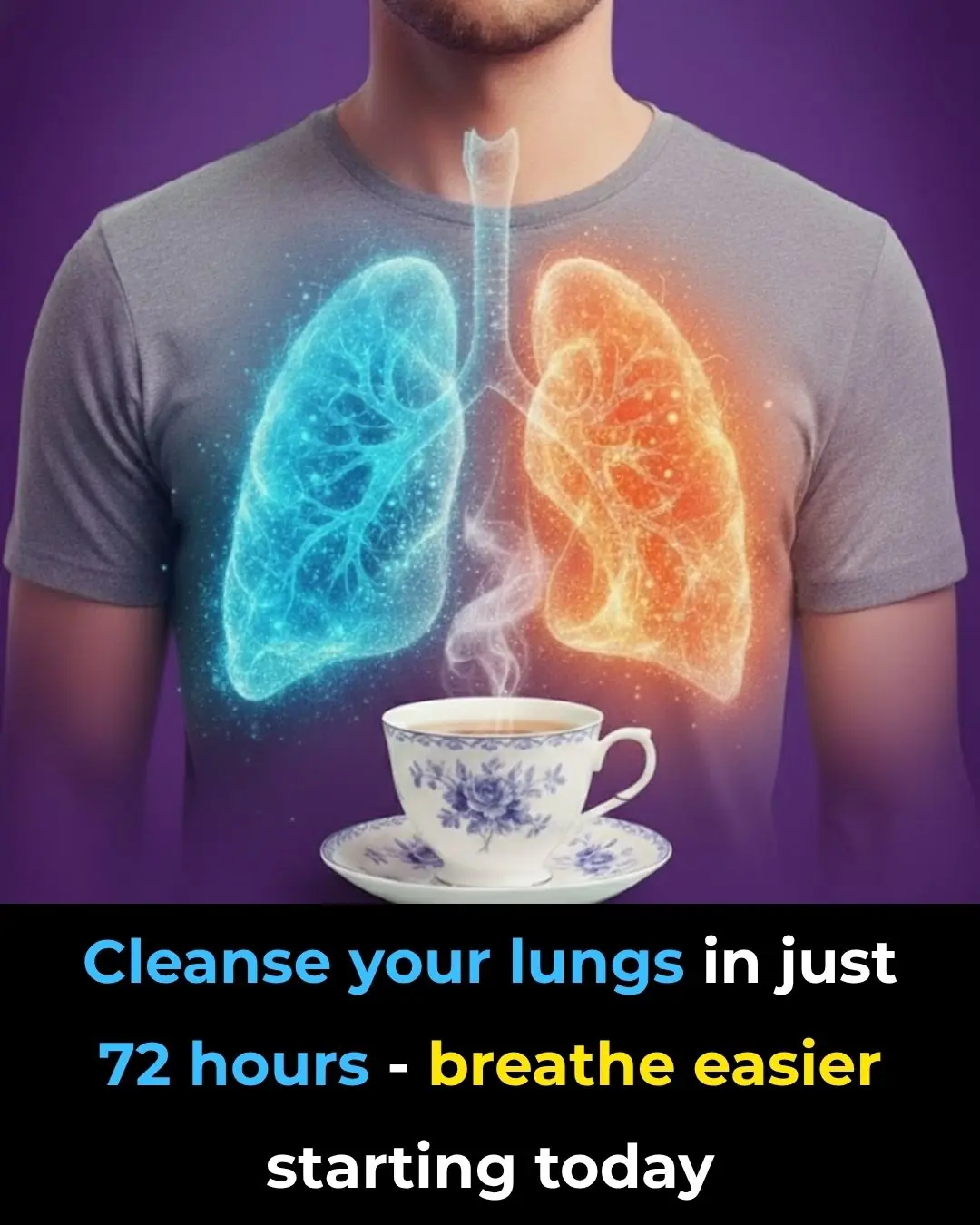
How to effectively cleanse your lungs in just 72 hours

Scientists find a berry that can combat cancer, diabetes, and obesity
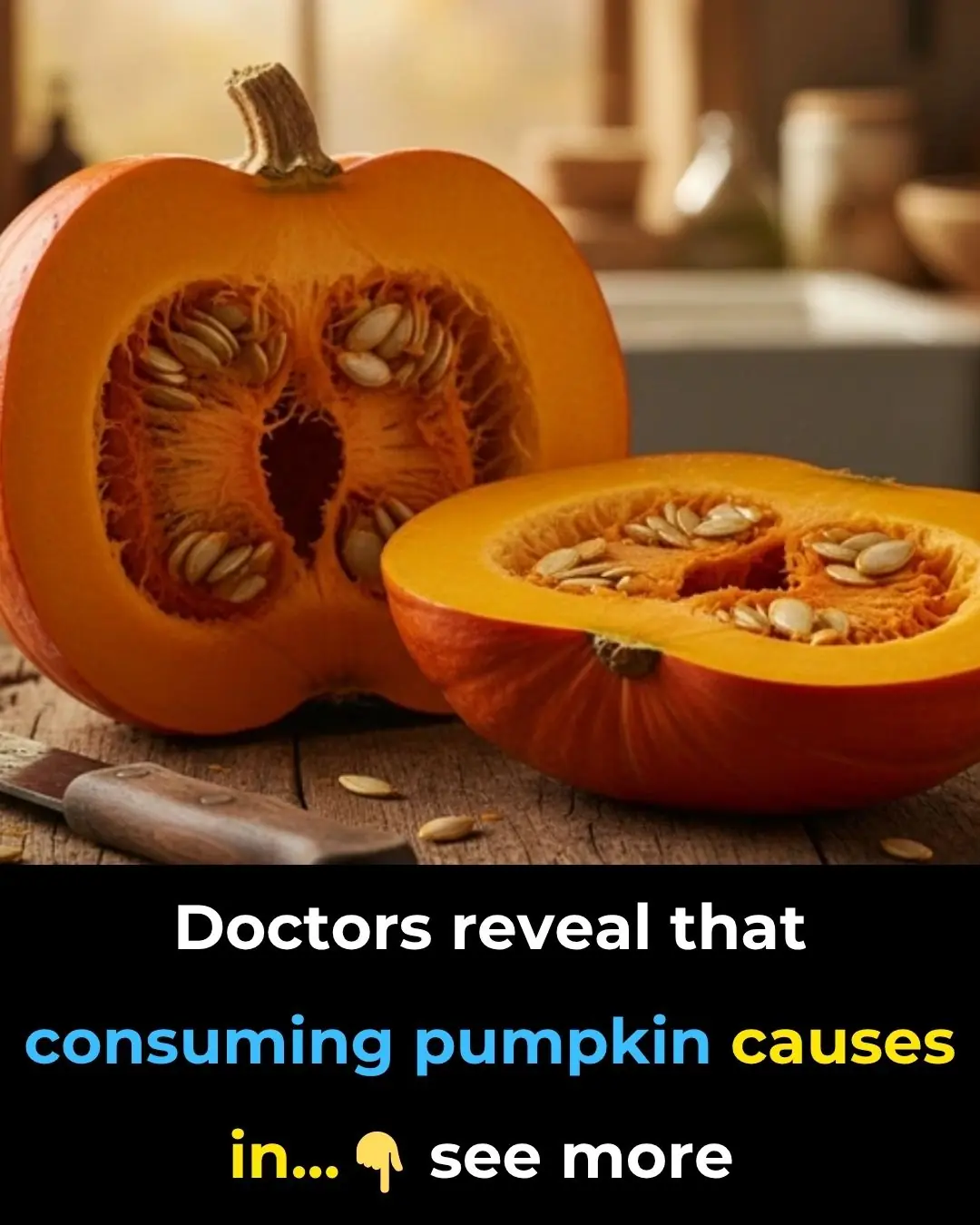
Doctors reveal that consuming pumpkin causes in...
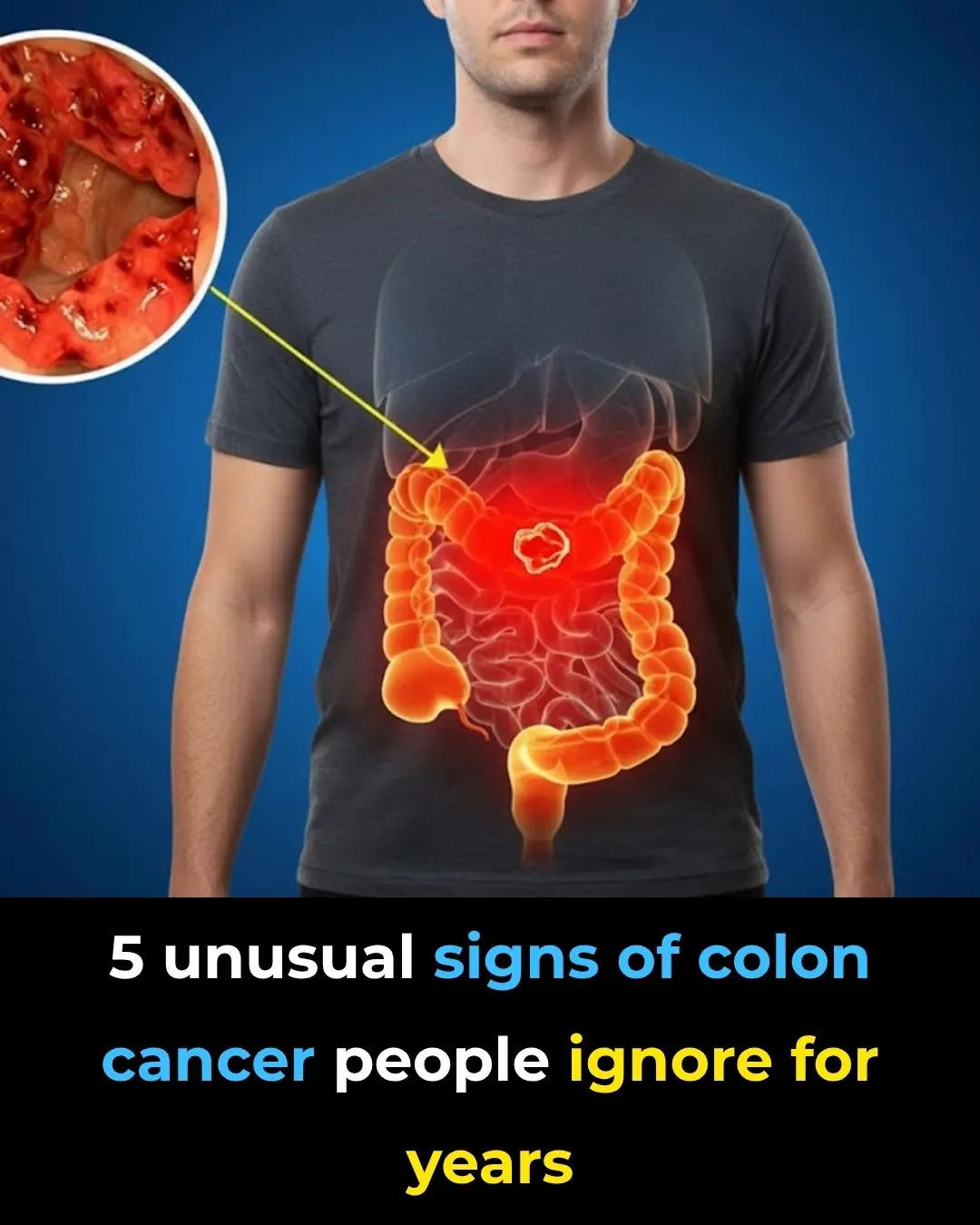
🚨 The Silent Danger: Early Signs and Prevention of Colorectal Cancer
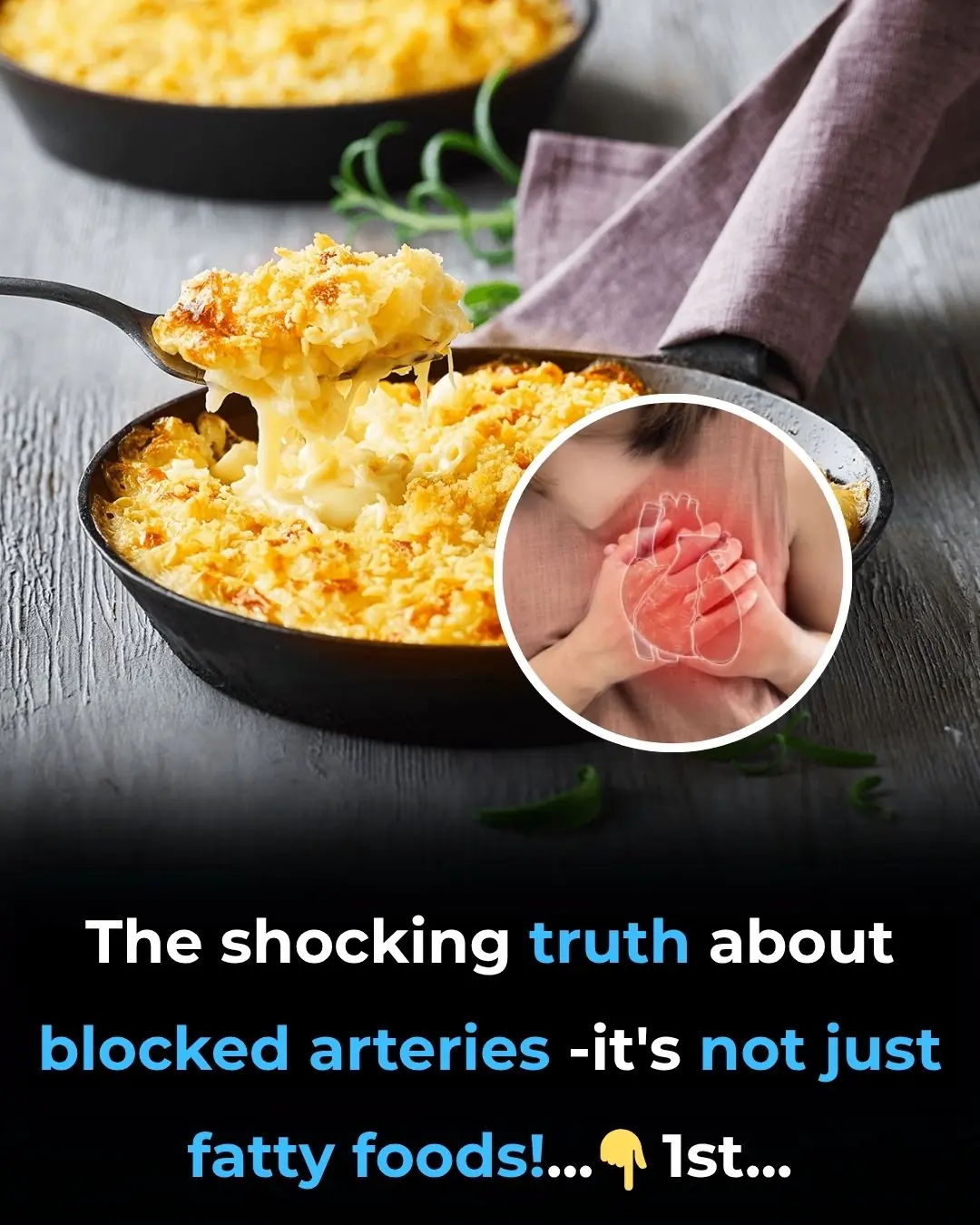
The shocking truth about blocked arteries—it’s NOT just fatty foods!
News Post

IF YOUR BODY SHOWS THESE EARLY WARNING SIGNS YOU NEED TO GET YOUR KIDNEY CHECKED FAST

People left 'speechless' after noticing new addition to the White House website
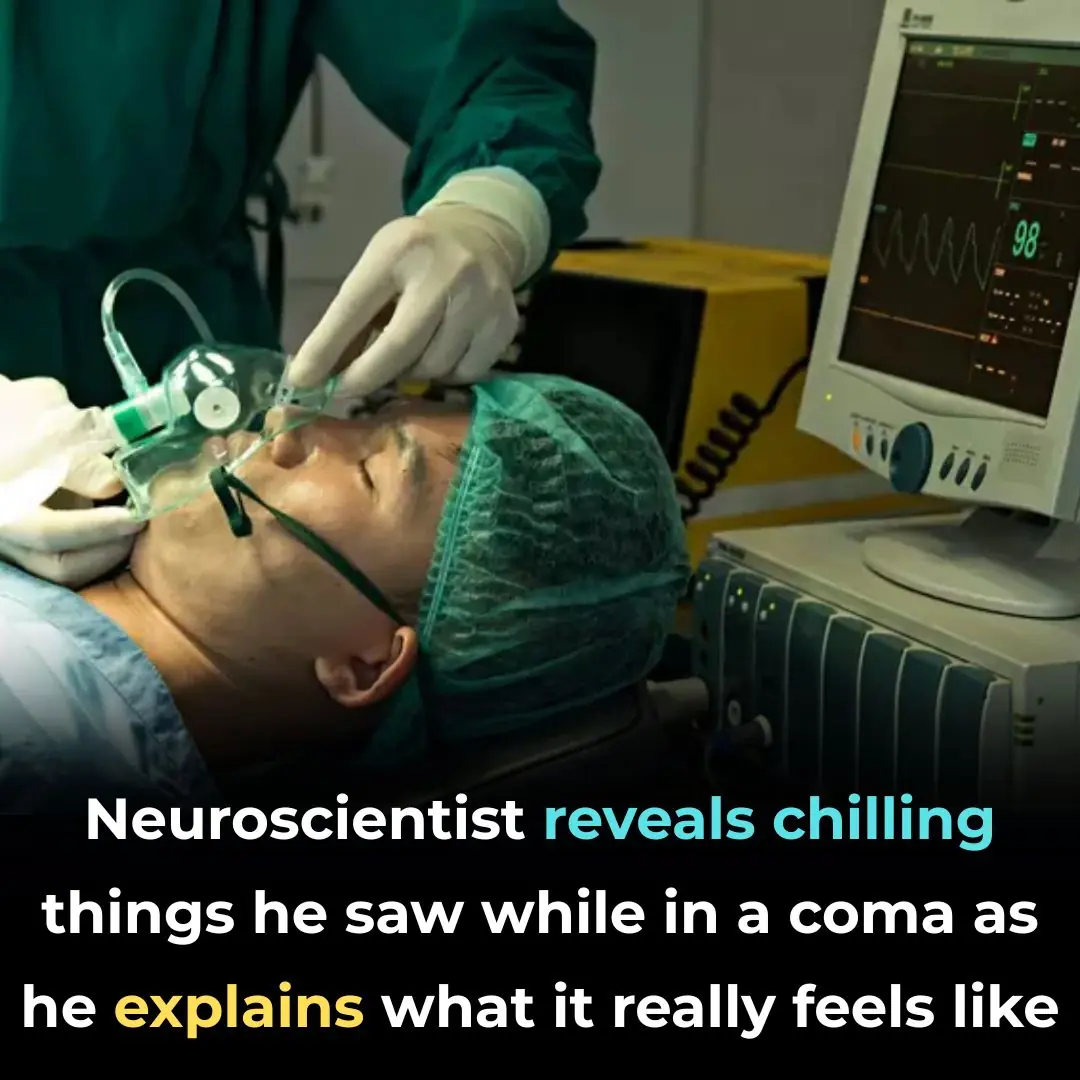
Neuroscientist reveals chilling things he saw while in a coma as he explains what it really feels like

I had no clue about this!

You’re doing it all wrong. Here’s the right way to defrost food

I had no clue about this!

Vertical Nail Ridges? Here’s What Causes Them — and How to Fix It

The Unseen Heroes: A Rescue Dog's Loyalty That Saved My Life

Barrett’s Miracle: A Journey of Faith, Strength, and Prayer

A Farewell to a Friend and His Passion for Music

Top 5 Nutrients to Reduce Swelling in Feet and Legs

A Rare Encounter: The Moment a Mountain Lion Meets a Baby

Stray Cats Bring a Bitcoin Mine to a Standstill — And Melt Hearts in the Process

If you sleep with socks on, see what happens
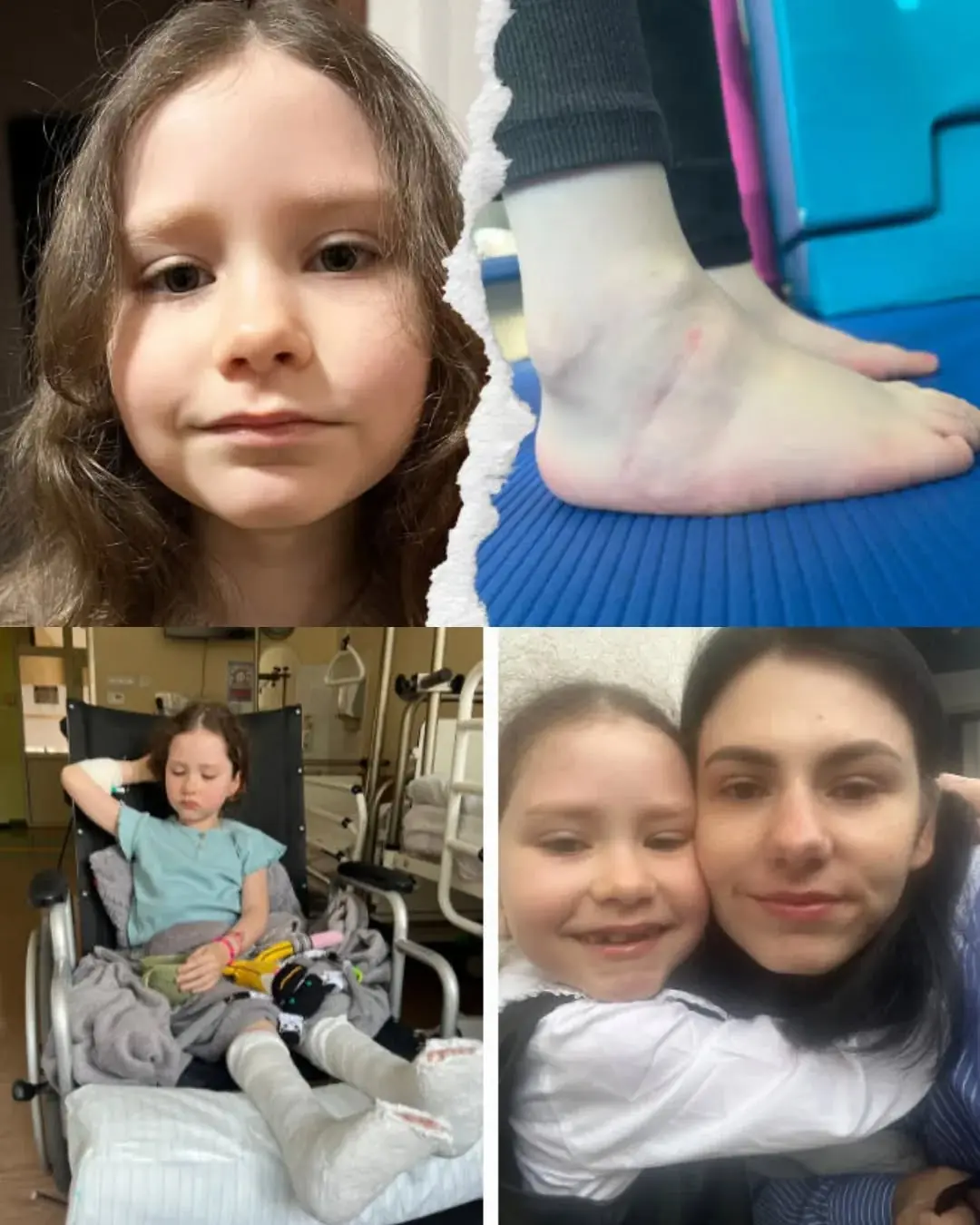
Dominika’s Fight for a Childhood Without Pain

Why There's A Growing Trend Of Straight Men Dating Trans Women
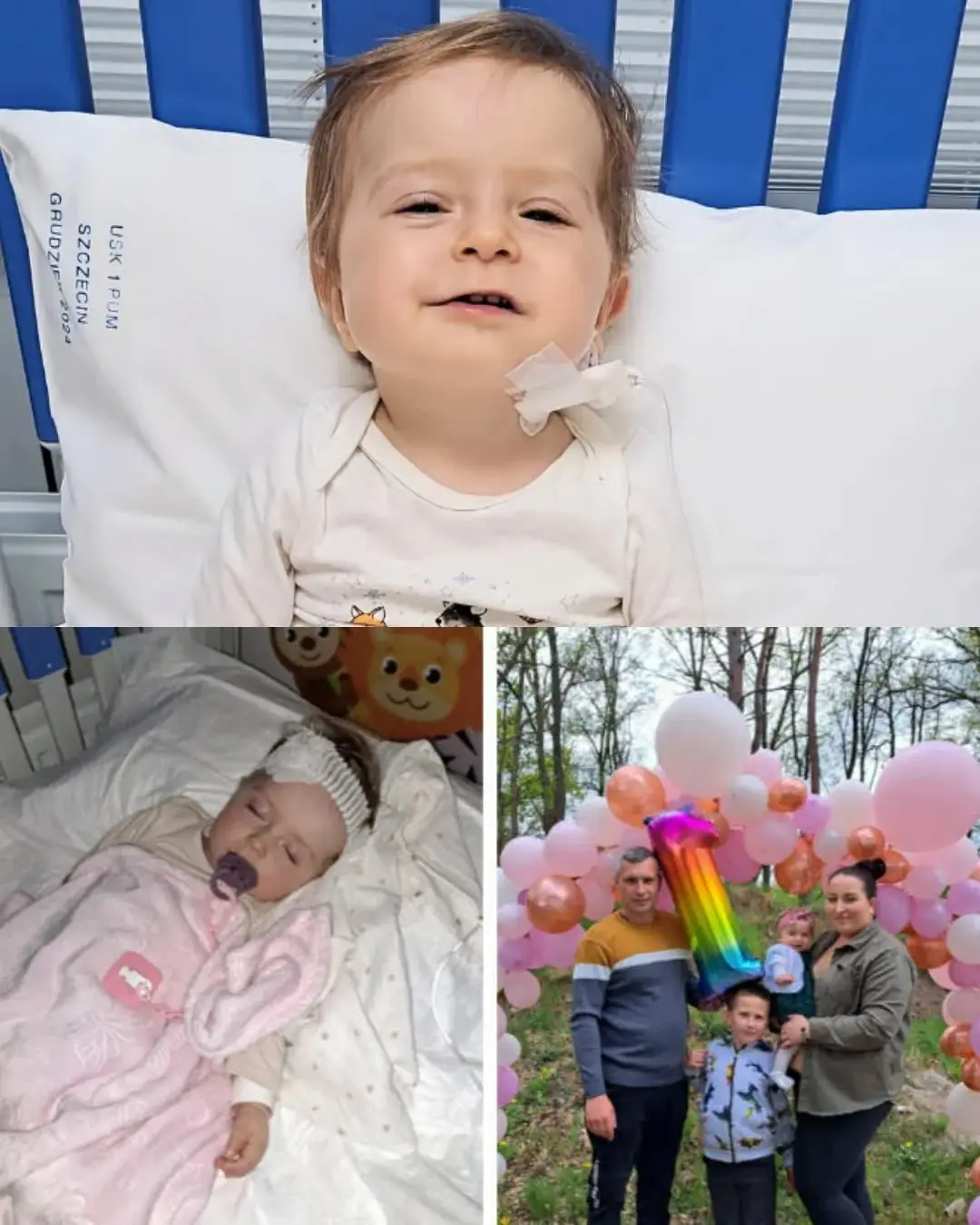
Michalinka’s Fight for Life: A Tiny Body, a Giant Spirit
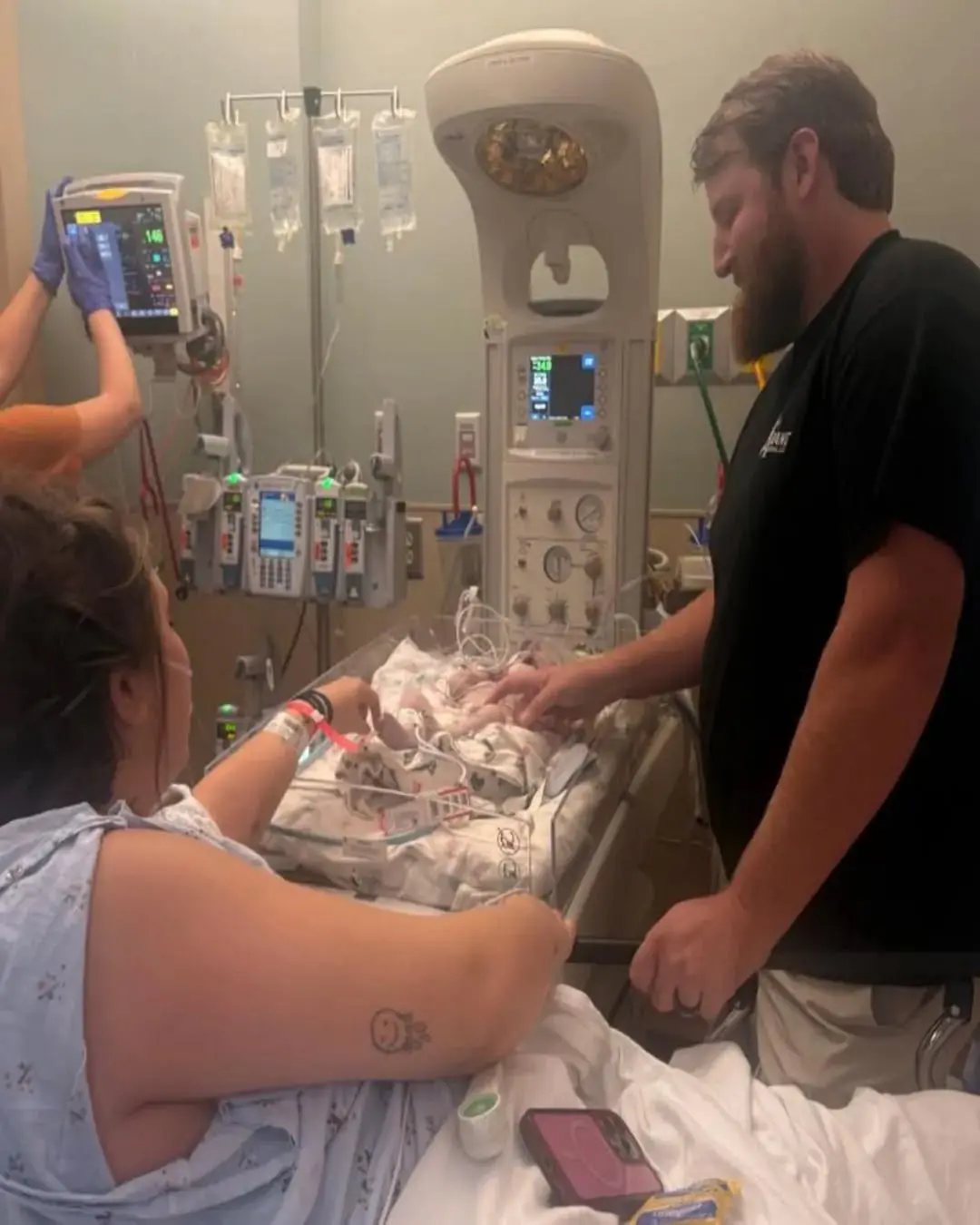
A Miracle in the Making: Baby Harlan’s Fight for Life
